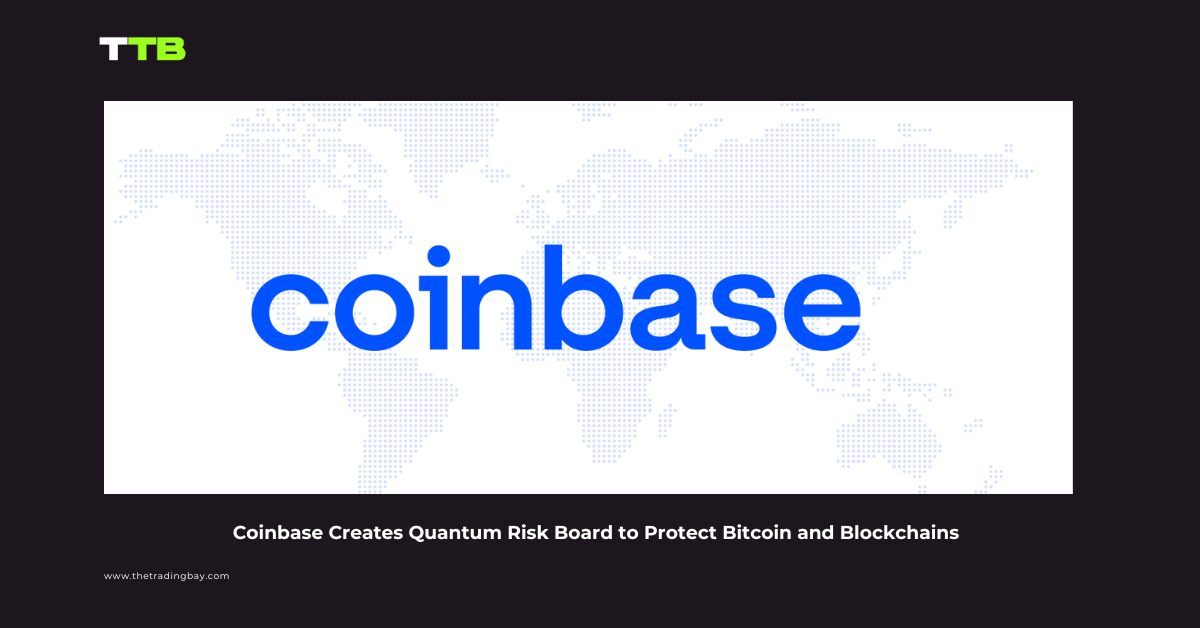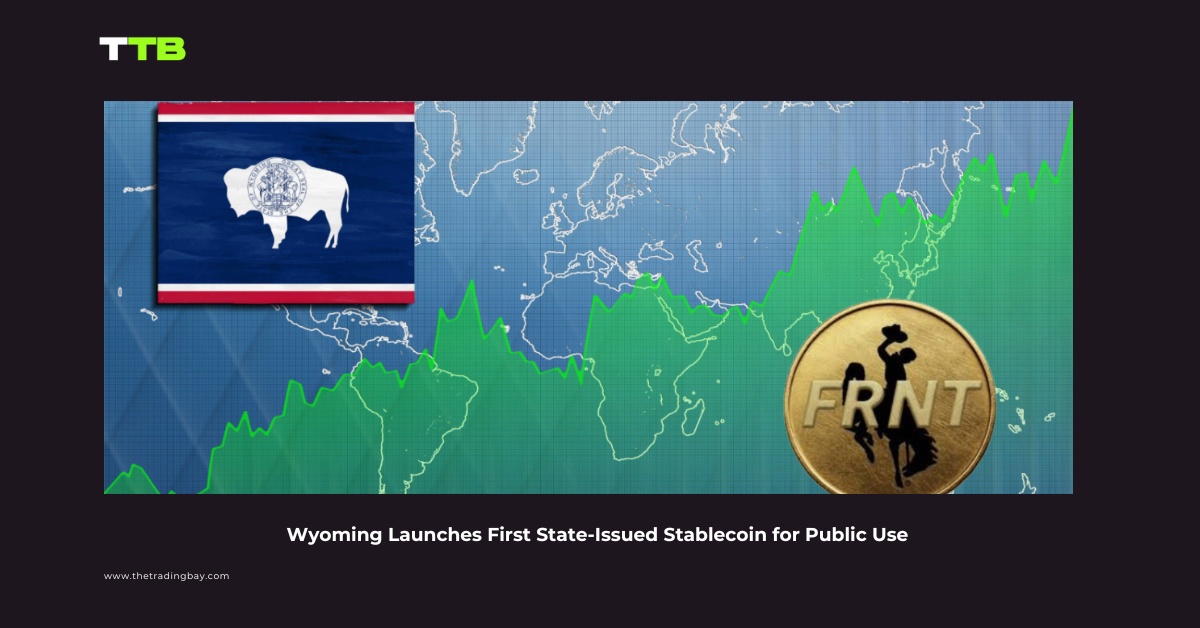The European gaming industry is undergoing a significant transformation with the integration of blockchain technology and cryptocurrencies in online casinos and sports betting. According to a report by Grand View Research, the global online gaming market is expected to reach $127.3 billion by 2027, growing at a compound annual growth rate of 11.9%. This growth is largely attributed to the increasing adoption of cryptocurrencies and blockchain technology, which provides a secure, transparent, and efficient platform for online gaming. The use of blockchain technology also enables the creation of decentralized gaming platforms, which can operate without the need for intermediaries, reducing costs and increasing player trust. Furthermore, the integration of cryptocurrencies such as Bitcoin and Ethereum has made it easier for players to make transactions, providing a seamless gaming experience. As a result, online casinos and sports betting operators are increasingly turning to blockchain technology and cryptocurrencies to stay ahead of the competition.
The integration of blockchain technology and cryptocurrencies in online gaming has also led to the development of new business models, such as decentralized finance (DeFi) and non-fungible tokens (NFTs). DeFi platforms, for example, allow players to lend and borrow cryptocurrencies, providing a new revenue stream for online gaming operators. NFTs, on the other hand, provide a unique way for players to own and trade digital assets, such as in-game items and collectibles. According to a report by DappRadar, the NFT market grew by 2,100% in 2021, with the total value of NFTs traded reaching $22 billion. This growth is expected to continue, with the NFT market projected to reach $80 billion by 2025. As the use of blockchain technology and cryptocurrencies continues to grow in the online gaming industry, we can expect to see new and innovative business models emerge.
The Growing Role of Blockchain in Online Gaming
The use of blockchain technology in online gaming is not limited to cryptocurrencies and DeFi platforms. It also provides a secure and transparent way to conduct transactions, reducing the risk of fraud and increasing player trust. According to a report by Ernst & Young, the use of blockchain technology can reduce the risk of fraud in online gaming by up to 90%. This is because blockchain technology provides a decentralized and immutable ledger, which can be used to record all transactions, making it difficult for hackers to manipulate the system. Additionally, blockchain technology can be used to create smart contracts, which can automate the payment process, reducing the need for intermediaries and increasing the speed of transactions. As a result, online gaming operators are increasingly turning to blockchain technology to provide a secure and transparent platform for their players.
The growth of blockchain technology and cryptocurrencies in the online gaming industry is also being driven by regulatory changes. In recent years, there has been an increase in regulatory clarity, with many countries providing clear guidelines on the use of cryptocurrencies and blockchain technology in online gaming. According to a report by the European Gaming and Betting Association, regulatory clarity is expected to increase investment in the online gaming industry, with many operators looking to expand their operations into new markets. As a result, the online gaming industry is expected to continue to grow, with blockchain technology and cryptocurrencies playing an increasingly important role. The use of blockchain technology and cryptocurrencies is also expected to increase player trust, providing a secure and transparent platform for online gaming. As the industry continues to evolve, we can expect to see new and innovative applications of blockchain technology and cryptocurrencies emerge.
As the online gaming industry continues to grow, we can expect to see blockchain technology and cryptocurrencies play an increasingly important role. According to a report by ResearchAndMarkets, the global blockchain in gaming market is expected to reach $3.1 billion by 2027, growing at a compound annual growth rate of 68.5%. This growth is expected to be driven by the increasing adoption of blockchain technology and cryptocurrencies, as well as regulatory changes. As the industry continues to evolve, it will be interesting to see how blockchain technology and cryptocurrencies shape the future of online gaming. With the increasing adoption of blockchain technology and cryptocurrencies, the online gaming industry is expected to become more secure, transparent, and efficient, providing a better experience for players. As a result, investors and operators are taking notice, with many looking to capitalize on the growing trend of blockchain technology and cryptocurrencies in online gaming.












